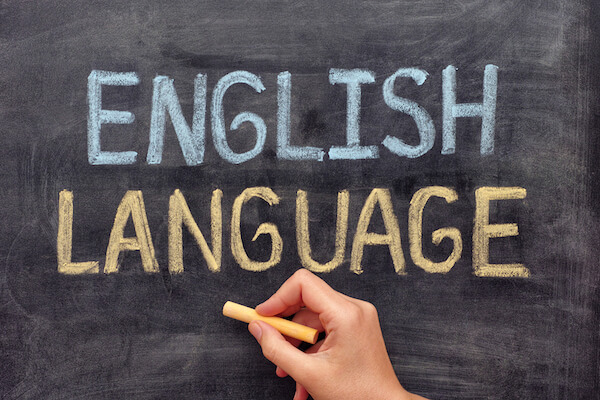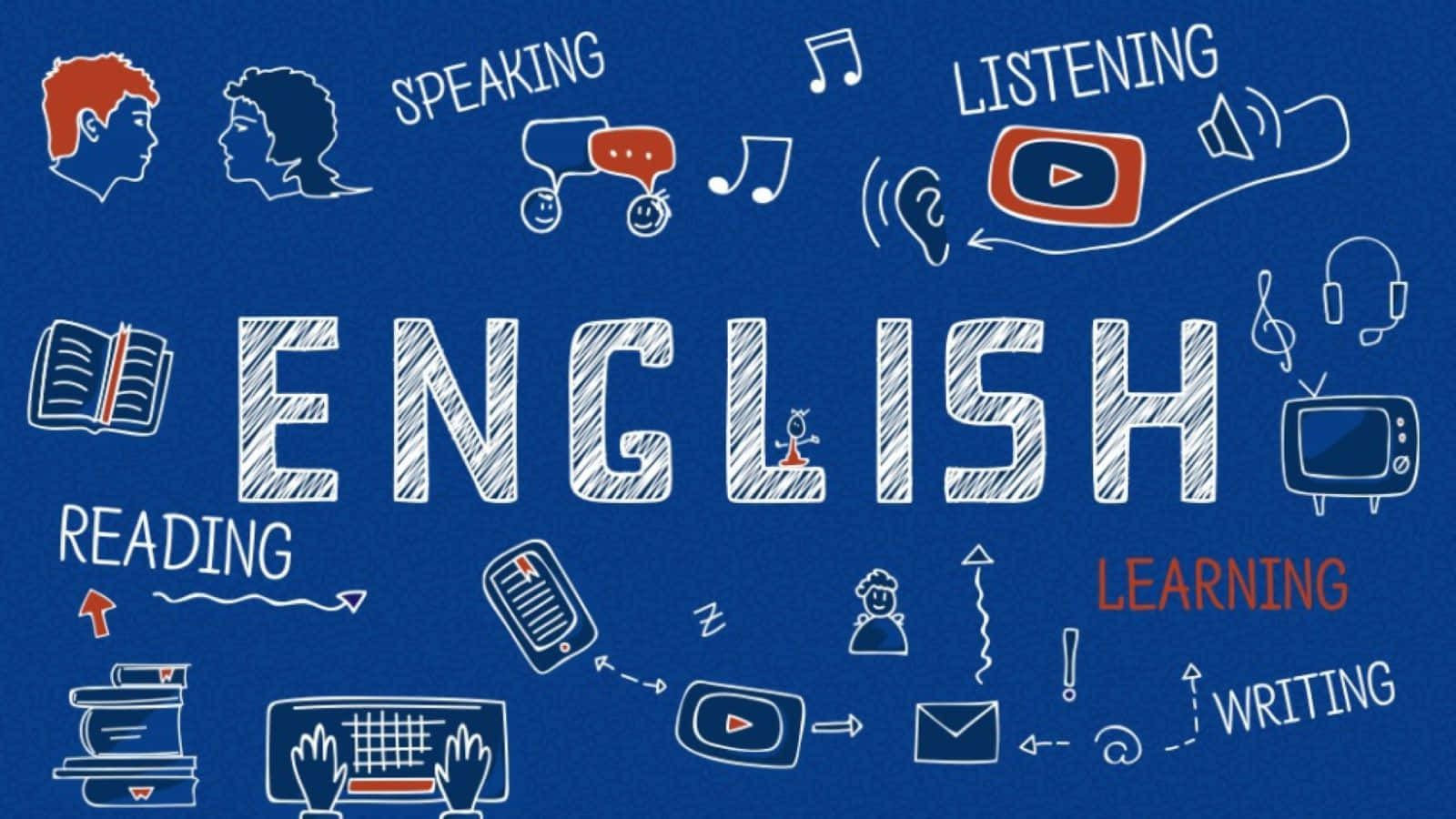Georgia, a land steeped in ancient history, breathtaking landscapes, and a vibrant culture, possesses a language as unique and captivating as its people. Georgian (ქართული, kartuli) stands as one of the world’s most distinct linguistic treasures, belonging to the Kartvelian family, a group of languages found almost exclusively in the South Caucasus. For anyone venturing into the realm of cross-cultural communication or business with Georgia, understanding the intricacies of translating from English to Georgian is paramount. Far from a simple word-for-word exchange, this linguistic bridge-building project presents a fascinating array of challenges and rewards, demanding a deep appreciation for both the structural and cultural nuances of each language.
I. The Linguistic Landscape: A Tale of Two Families
The fundamental challenge in English-Georgian translation stems from their disparate linguistic origins. English is an Indo-European language, belonging to the Germanic branch, characterized by its analytic structure, relatively fixed word order (Subject-Verb-Object), reliance on prepositions, and limited inflection. Georgian, on the other hand, is a Kartvelian language, a family with no known genetic relation to Indo-European, Semitic, or Turkic languages. It is a highly agglutinative and synthetic language, meaning words are often formed by adding numerous prefixes and suffixes, conveying complex grammatical information within a single lexical item. This fundamental difference sets the stage for a translation process that often involves a complete re-conceptualization of sentence structure and meaning.
II. Unpacking Georgian: Key Linguistic Features and Their Translation Impact
To truly grasp the complexities of English-Georgian translation, one must delve into the distinctive features of the Georgian language:
A. The Georgian Alphabet (Mkhedruli): A Visual and Phonetic Marvel
Georgian boasts its own unique writing system, Mkhedruli (მხედრული), a beautiful, cursive script with 33 letters. Unlike Latin-based alphabets, Mkhedruli is highly phonetic, with each letter generally corresponding to a single sound. This means transliteration from English to Georgian, especially for proper nouns and foreign terms, requires careful consideration and a standardized approach to ensure consistency and readability for Georgian speakers. Conversely, translating Georgian names or terms into English often involves a degree of approximation, as some Georgian sounds (e.g., ejective consonants) have no direct equivalents in English.
B. Verb Complexity: The Heart of Georgian Grammar
Perhaps the most striking feature of Georgian is its elaborate verb system, characterized by polypersonalism. Unlike English verbs, which primarily agree with the subject (e.g., "I run," "he runs"), Georgian verbs can simultaneously agree with the subject, direct object, and indirect object, all within a single verb form. This is achieved through a complex system of prefixes and suffixes that indicate person, number, and even orientation.
For example, a single Georgian verb can express "I gave it to you." This level of information density in a single word is alien to English speakers, requiring a translator to deconstruct the Georgian verb and express its multiple components using separate words and pronouns in English. Conversely, when translating from English, a translator must synthesize the various elements of an English sentence into the appropriate complex Georgian verb form, choosing the correct "screeve" (tense/aspect/mood series) and person markers.
C. Noun Cases: Shaping Meaning through Inflection
Georgian nouns decline through seven grammatical cases: nominative, ergative, dative, genitive, instrumental, adverbial, and vocative. These cases indicate the grammatical function of a noun in a sentence, often replacing the need for prepositions, which are prevalent in English.
- Nominative: Subject of most intransitive verbs.
- Ergative: Subject of transitive verbs in certain tenses. This "split ergativity" is a major divergence from English’s nominative-accusative system.
- Dative: Indirect object, recipient.
- Genitive: Possession ("of").
- Instrumental: Means or instrument ("by means of," "with").
- Adverbial: Expresses manner or state ("as," "like").
- Vocative: Direct address.
Translating from English, where prepositions like "to," "from," "with," "by," and possessive "’s" convey these relationships, requires the translator to select the correct Georgian noun case ending. This necessitates a deep understanding of how Georgian expresses relationships between words, rather than simply matching prepositions.
D. Postpositions vs. Prepositions:
While English uses prepositions (words placed before a noun or pronoun), Georgian primarily uses postpositions (words placed after). For example, "in the house" in English becomes "სახლში" (sakhl-shi, literally "house-in") in Georgian. This inversion of structure is another consistent adjustment required during translation.
E. Agglutination and Word Formation:
Georgian is highly agglutinative, meaning words are formed by adding multiple affixes (prefixes, suffixes) to a root. This can result in very long words that encapsulate a significant amount of meaning. For instance, the Georgian word "გადმოგვეცემა" (gadmogvetsema) can be broken down to convey nuances like "it will be transferred to us from there." English, being more analytical, would express this with several separate words. Translators must carefully unpack these agglutinated structures in Georgian and reconstruct their meaning using multiple words or phrases in English, and vice-versa.
III. The Challenges of Translation: Beyond Linguistic Structure
Beyond the grammatical intricacies, several other factors contribute to the complexity of English-Georgian translation:
A. Syntactic Divergence:
The fundamental differences in word order and sentence structure mean that a literal translation is almost always grammatically incorrect or nonsensical. Translators must constantly re-structure sentences, moving elements around to fit the natural flow and grammatical rules of the target language. This often involves transforming passive voice to active, splitting complex sentences, or combining simpler ones.
B. Lexical Gaps and Nuances:
Like any pair of languages from distinct cultural contexts, English and Georgian have lexical gaps where a direct one-to-one translation doesn’t exist. Concepts, emotions, or specific cultural items might have no precise equivalent. Translators must then resort to descriptive phrases, approximations, or borrowing terms, always striving to preserve the original intent and nuance. Idioms, proverbs, and colloquialisms pose a particular challenge, often requiring complete rephrasing rather than literal translation.
C. Cultural Context:
Language is deeply intertwined with culture. Humor, historical references, social etiquette, and even polite forms of address differ significantly between Western English-speaking cultures and Georgian culture. A translator must not only be linguistically proficient but also culturally sensitive to ensure the message resonates appropriately with the target audience and avoids misunderstandings or offense. This is especially critical in marketing, diplomacy, and literary translation.
IV. The Significance and Applications of English-Georgian Translation
Despite the challenges, the need for high-quality English-Georgian translation is growing rapidly, driven by Georgia’s increasing global engagement:
- Business and Commerce: With a burgeoning tourism industry, growing foreign investment, and expanding international trade, accurate translation is vital for contracts, marketing materials, websites, and business communications.
- Diplomacy and International Relations: As Georgia strengthens its ties with the West, particularly the EU and NATO, precise translation of official documents, treaties, and diplomatic correspondence is indispensable.
- Cultural Exchange: Translation facilitates the sharing of literature, film, music, and academic research, allowing Georgian voices to reach global audiences and vice-versa. This is crucial for preserving and promoting Georgia’s rich cultural heritage.
- Education and Academia: The exchange of knowledge through translated textbooks, research papers, and educational materials supports academic collaboration and intellectual growth.
- Personal Communication: For Georgians living abroad or foreigners residing in Georgia, translation services are essential for navigating daily life, legal processes, and personal connections.
V. Tools and Techniques for Effective Translation
Given the complexities, effective English-Georgian translation relies on a combination of human expertise and technological assistance:
A. Human Translators: For documents requiring nuance, cultural sensitivity, creative flair (e.g., marketing, literature), or high-stakes accuracy (e.g., legal, medical), skilled human translators are indispensable. Native speakers of the target language, with expertise in the subject matter, are crucial for delivering natural-sounding and accurate translations.
B. Machine Translation (MT): Tools like Google Translate have improved significantly, especially with the advent of Neural Machine Translation (NMT). They can provide a quick "gist" translation for understanding the general meaning of a text. However, for a language pair as divergent as English and Georgian, MT still struggles with grammatical accuracy, idiomatic expressions, and cultural context, often producing awkward or incorrect output. It serves best as a preliminary tool, requiring extensive post-editing by human experts.
C. CAT Tools (Computer-Assisted Translation): These software applications (e.g., Trados, MemoQ) aid human translators by providing features like Translation Memories (TM) and Term Bases (TB). TMs store previously translated segments, ensuring consistency and speeding up the translation process, especially for repetitive texts. TBs maintain glossaries of approved terminology, critical for technical or specialized translations.
D. Dictionaries and Glossaries: Comprehensive bilingual dictionaries, both general and specialized, remain vital resources. However, due to the agglutinative nature of Georgian, finding precise word-for-word equivalents can be challenging, often requiring the translator to understand the root and various affixes.
VI. Best Practices for Quality Translation
To achieve high-quality English-Georgian translation, several best practices should be followed:
- Context is King: Always consider the purpose of the text, its target audience, and the cultural context. A legal document requires a different tone and terminology than a marketing brochure.
- Subject Matter Expertise: For specialized texts (e.g., medical, legal, technical), the translator should possess a strong understanding of the subject matter in both languages.
- Native Speaker Review: Having a native speaker of the target language review the translation is crucial for catching subtle errors, ensuring natural flow, and verifying cultural appropriateness.
- Clarity of Source Text: A well-written, clear, and unambiguous source text in English significantly eases the translation process. Ambiguities in the source often lead to ambiguities in the translation.
- Iteration and Feedback: Translation is often an iterative process. Open communication between the client and translator, including feedback loops, helps refine the final product.
Conclusion
Translating between English and Georgian is a profound intellectual and linguistic exercise. It is a journey across vastly different grammatical structures, phonetic landscapes, and cultural nuances. While technological advancements in machine translation offer growing assistance, the inherent complexities of the Georgian language, particularly its unique verb system, agglutinative nature, and case system, underscore the irreplaceable value of skilled human translators. They are the true architects of this linguistic bridge, ensuring that the rich tapestry of Georgian culture and the practical demands of global communication can effectively intertwine, fostering understanding, connection, and cooperation across this remarkable linguistic divide.


